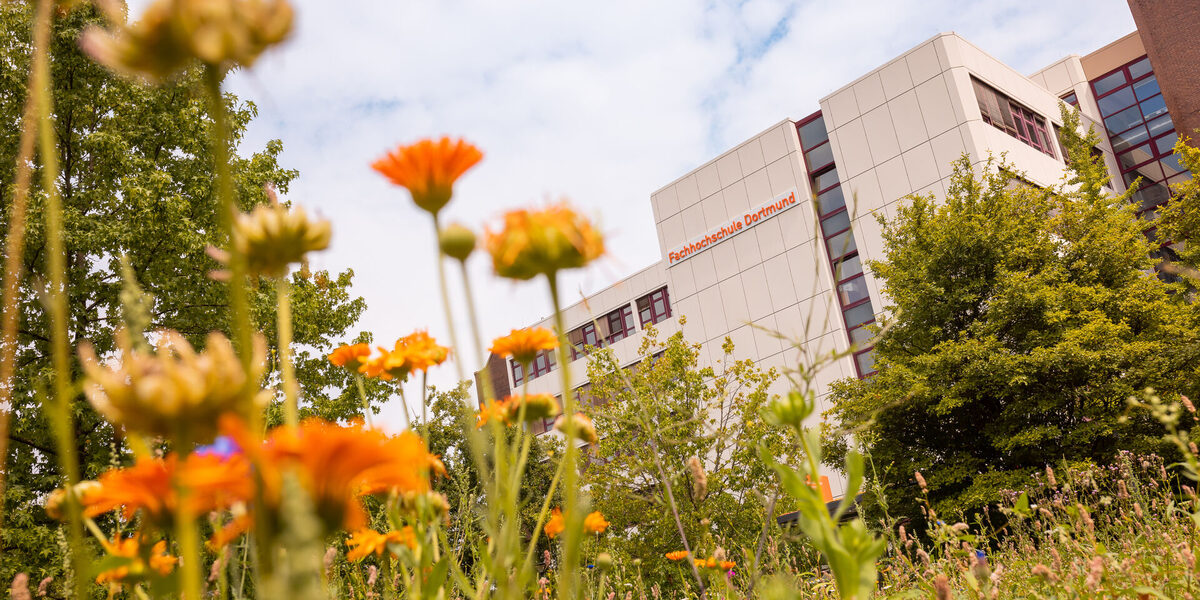The German Rectors' Conference is promoting sustainability at German universities with a new project. Fachhochschule Dortmund and three other universities have been selected for the pilot phase.
Sustainable development is increasingly becoming the focus of universities' strategic orientation. They are setting up corresponding competence centers, appointing sustainability officers and committing to sustainability in their mission statements.
In this context, the German Rectors' Conference (HRK) is now launching the pilot phase for the "Sustainability at universities" audit. The new advisory service is intended to systematically support universities in the further development of their sustainability strategies, goals and activities. It is based on an overall institutional approach and takes into account the specific profiles, transformation paths and structural and regional characteristics of the individual universities in order to ensure tailor-made, independent and voluntary counseling.
60 universities applied
Chemnitz University of Technology, Fachhochschule Dortmund, the University of Hamburg and Philipps-Universität Marburg were selected for the pilot phase. These universities will be supported in the further development of their sustainability strategy and activities for one year from fall 2024.
More than 60 HRK member universities had previously applied to take part in the audit. The insights gained during the pilot phase will be incorporated into the further development of the audit. From 2026, the advisory service is to be gradually opened up to all HRK member universities.
Solutions are created here
"Universities are society's Institutes for Higher Education Didactics," explained Prof. Dr. Dorit Schumann, HRK Vice President for Transfer and Sustainability, in Berlin today. "In this respect, they develop and test innovative solutions for the major challenges facing society in all their areas of activity."
Prof. Schumann: "This also applies to the implementation of sustainability goals in teaching and learning, research, transfer, operations and infrastructure. The audit will systematically support the universities in this process. The great interest in participating in the pilot phase is impressive proof of the universities' commitment to a 'culture of sustainability'."
The Parliamentary State Secretary at the Federal Ministry of Education and Research, Dr. Jens Brandenburg, explained: "Universities are facing up to their responsibility for ecological, social and economic sustainability. They are drivers of innovation where solutions for a sustainable future are developed."
Dr. Brandenburg: "The Federal Ministry of Education and Research is supporting the German Rectors' Conference in developing an audit with the 'Sustainability in Science' initiative. This will enable universities to strengthen their strategies for sustainable development in a targeted manner and expand their innovative strength. I am very pleased about the start of the pilot phase. After all, universities should remain drivers of innovation and progress."
About the project
The "Sustainability at Universities" audit is being developed by the German Rectors' Conference (HRK) as part of the "Transformation Paths for Sustainable Universities" (traNHSform) project. The project is funded by the Federal Ministry of Education and Research (BMBF) as part of the "Sustainability in Science" initiative until March 2026.
